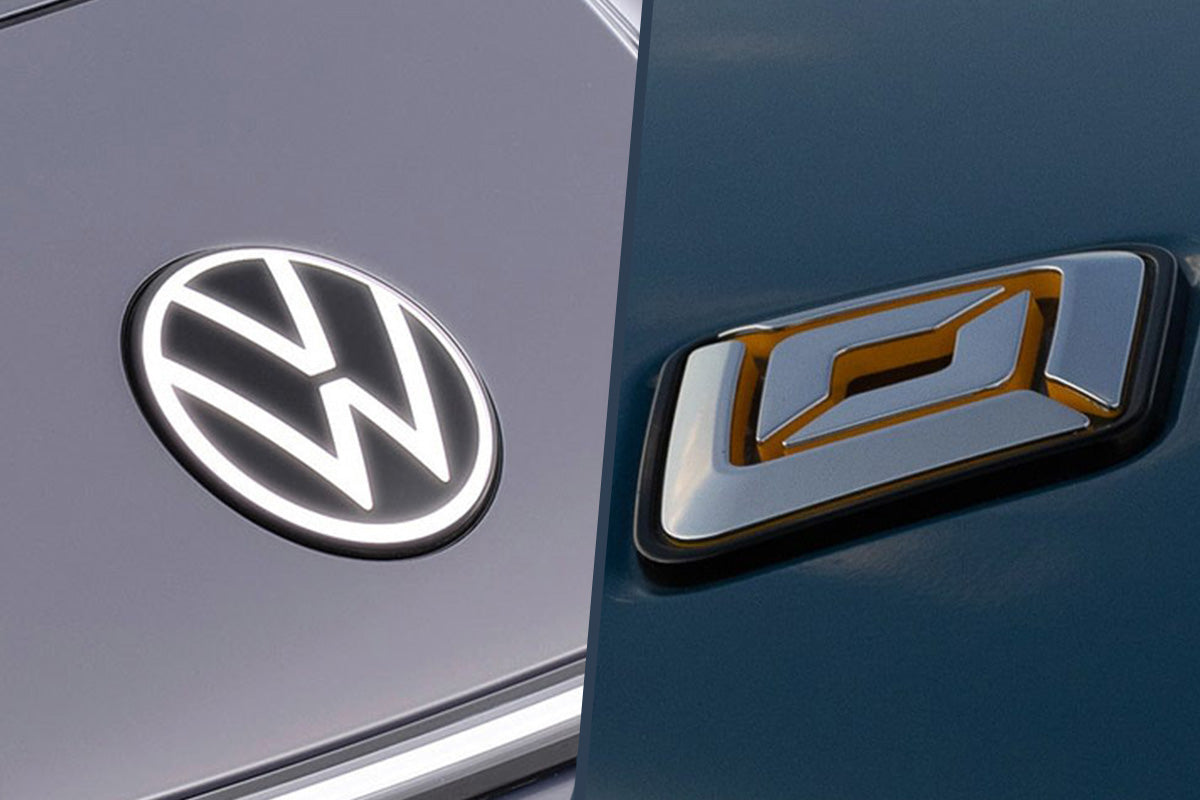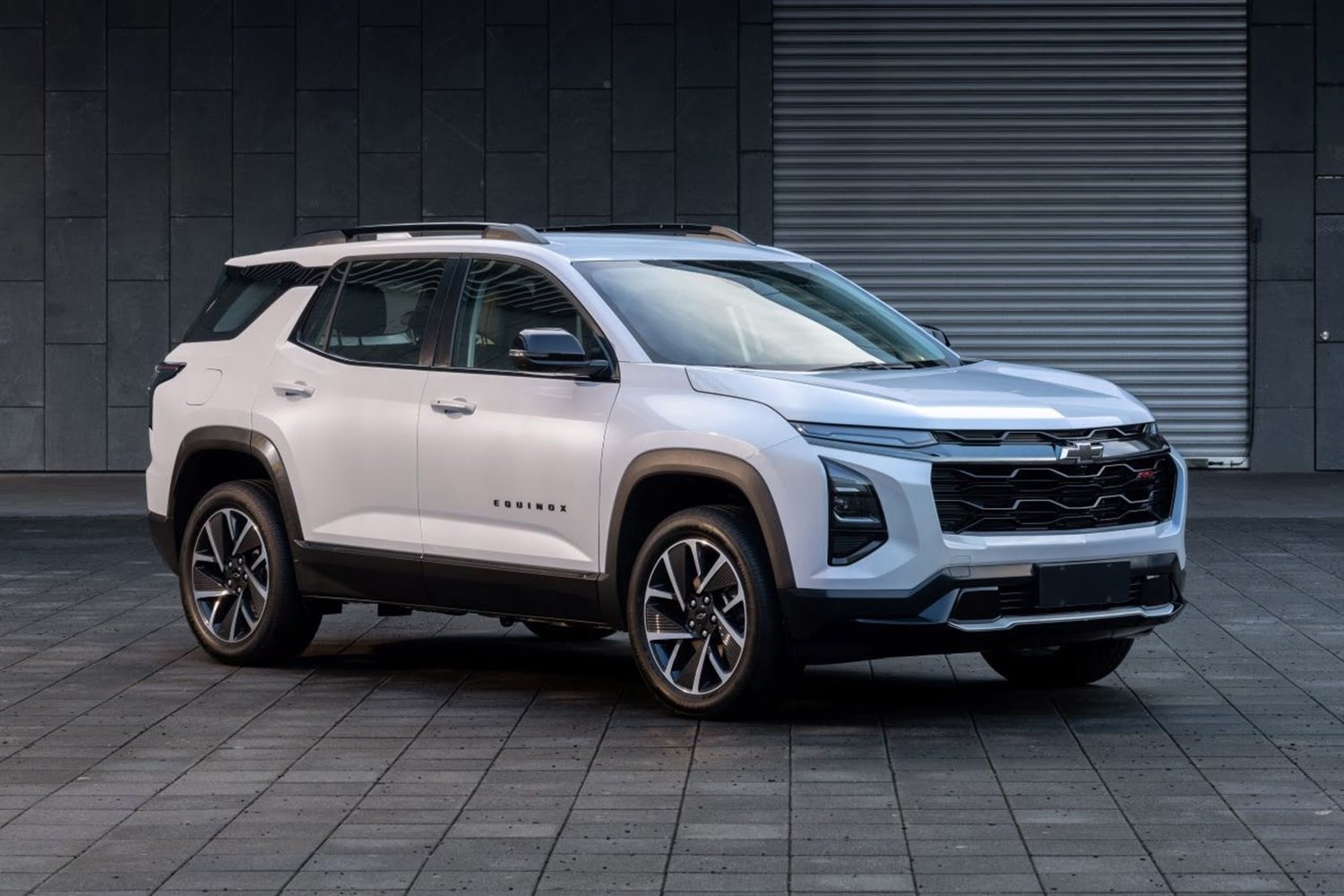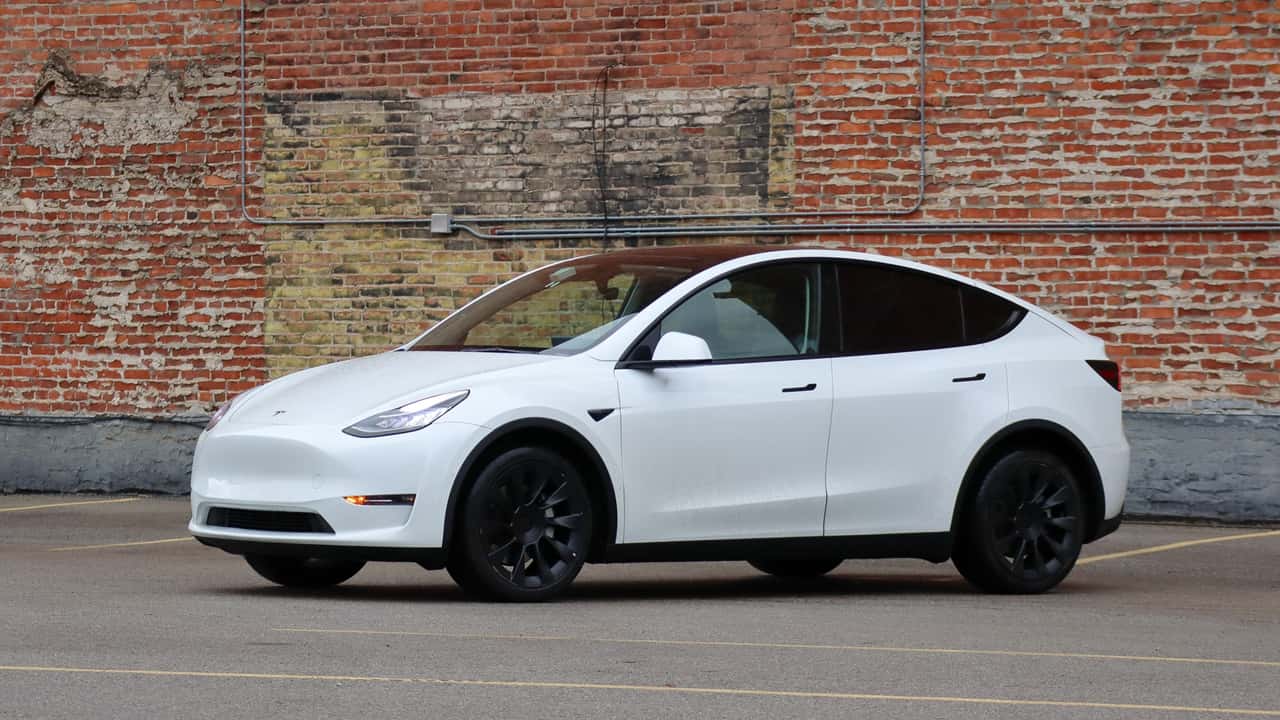A Deeper Collaboration Takes Shape
Rivian and Volkswagen’s ambitious $5.8 billion joint venture is rapidly evolving beyond its initial goals. What began as a shared push to modernize vehicle software and electronics has grown into a blueprint for the next generation of affordable, software-defined electric vehicles.
The partnership, formally known as Rivian and Volkswagen Group Technologies (RV Tech), was launched in late 2024 with the aim of rethinking how cars are engineered, built, and updated. Now, less than a year later, both companies say development is moving faster than expected. Winter testing of co-developed systems will begin in early 2026, marking the first time prototypes from Volkswagen, Audi, and Scout Motors will integrate Rivian’s technology on public roads.
“The joint venture is rapidly developing the architecture for our future software-defined vehicles,” said Oliver Blume, CEO of Volkswagen Group. “Within twelve months, we’ve built a foundation that will enable an entirely new digital driving experience at accessible prices.”

Why Volkswagen Needs This Partnership
For Volkswagen, this collaboration is more than just a software upgrade—it’s a strategic reset. The company’s earlier software division, Cariad, struggled with delays and cost overruns, setting back crucial projects like the Porsche Macan EV and Audi Q6 E-tron. Partnering with Rivian provides VW with a clean slate, allowing it to leapfrog years of internal development.
Through RV Tech, Volkswagen gains access to Rivian’s zonal electrical architecture, a system that consolidates dozens of electronic control units into a few high-powered computing zones. This reduces wiring complexity, lowers costs, and enables continuous over-the-air updates—something Tesla has long excelled at.
Meanwhile, Rivian benefits from Volkswagen’s scale, manufacturing reach, and deep pockets. The German automaker’s investment not only injects $5.8 billion in fresh capital into Rivian but also helps lower the startup’s component costs through shared procurement.

Inside the Zonal Architecture
At the heart of RV Tech’s work is a next-generation vehicle architecture that redefines how power, data, and software interact inside an EV. Instead of relying on dozens of fragmented systems, the zonal approach centralizes control into a few high-performance computers.
According to Wassym Bensaid, Rivian’s Chief Software Officer and co-leader of the venture, the first phase of the new architecture will be rolled out in three Volkswagen Group models: an Audi, a Scout Motors EV, and the Volkswagen ID.Every1, a compact electric hatchback slated for 2027.
-
The Audi and Scout vehicles will feature three zonal ECUs—mirroring the setup found in Rivian’s second-generation R1T and R1S.
-
The ID.Every1 will use a simplified single-zone system designed for smaller, lower-cost vehicles.
The companies confirm they are already finalizing designs for a third-generation system, promising even greater efficiency, modularity, and data processing power.

The Road to Software-Defined Vehicles
Both Rivian and Volkswagen view software-defined vehicles (SDVs) as the core of the automotive industry’s future. In this new paradigm, software—not hardware—determines how a vehicle evolves over its lifetime.
“Software is essential, but it’s also the hardest part of building a car,” Bensaid said. “Our goal is to create a reference operating system for the auto industry, similar to how Android became the foundation for smartphones.”
In time, RV Tech could become a technology supplier, licensing its software and computing architecture to other automakers. This shift from manufacturing to software-as-a-service could transform Rivian’s financial model, creating higher-margin revenue streams while giving other brands access to proven, scalable EV tech.
Bringing New EVs to Market
While the broader licensing vision may still be years away, immediate progress is tangible. Rivian’s upcoming R2, a mid-size SUV expected to start around $45,000, will debut in the U.S. in 2026 and feature the same zonal architecture co-developed with Volkswagen.
For Volkswagen, the ID.Every1 will be the first production model based on this new platform when it launches in Europe in 2027, priced near €20,000. It will also be one of the first affordable EVs built entirely around software-defined principles—a key differentiator in an increasingly price-sensitive market.
Beyond this compact model, VW plans to extend the new electrical architecture to its Scalable Systems Platform (SSP), which will underpin future Audi and Porsche EVs, replacing the current MEB and PPE systems.
Strategic Global Positioning
The partnership also strengthens Volkswagen’s regional strategy. In China, VW continues to collaborate with Xpeng to tailor software-defined vehicles for local consumers. But in Western markets, where Chinese software faces tighter restrictions, Rivian’s expertise provides a critical technological bridge.
In this sense, the alliance positions both companies as mutually dependent partners—Volkswagen gets cutting-edge software without geopolitical risk, and Rivian secures financial stability and production scale it could not achieve alone.

Challenges Ahead
Despite the optimism, RV Tech faces significant hurdles. Building scalable, secure, and update-ready software for millions of cars is no small task. Even Tesla, the most mature player in the space, continues to encounter software reliability issues.
Profitability remains another challenge. Rivian has yet to post a profit, and Volkswagen is still working to streamline its sprawling EV operations. Both companies must deliver not just innovation, but commercial efficiency.
Still, analysts see the collaboration as a necessary evolution. With U.S. federal tax incentives for EVs being rolled back and consumer demand shifting toward affordability, EVs now have to sell on performance, price, and usability—not subsidies.
A Foundation for the Future
For both partners, RV Tech represents a bet on long-term transformation. Volkswagen hopes to reclaim leadership in software and digital experiences, while Rivian seeks to move from niche manufacturer to technology powerhouse.
Their collaboration may have started as a way to catch up to Tesla and BYD—but it’s quickly becoming something larger: a shared ecosystem for the next era of electric mobility.
If the venture succeeds, it could set the standard for how car companies around the world collaborate on software, redefining the very structure of the global auto industry.
Recommend Reading: Volkswagen, Audi Face EV Slowdown With German Plant Pauses








Partager:
Japan Carmakers Hit Hard by U.S. Tariffs
Why Traditional Automakers Still Struggle With Tesla’s Integrated EV Model